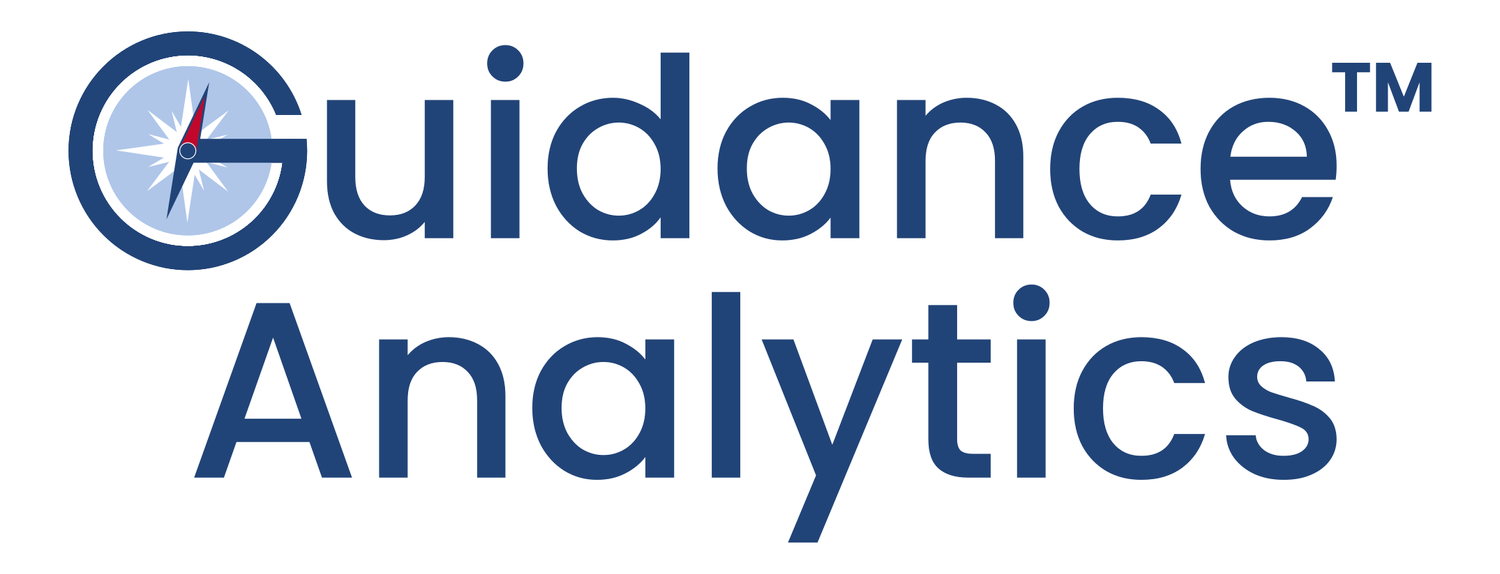
Velocity MIPS Reporter
Automate MIPS Reporting Using Our Intelligent AI Engine
Velocity MIPS Reporter Features
-

Concierge Service
We provide Concierge Service to our customers. Let our team work with you to tailor an approach for your MIPS strategy, handle the processing of data during the year as well as the final data submission.
-

Radiology Report Analyzer
Velocity MIPS Reporter is powered by our patent pending Velocity AI engine. By continuously analyzing radiology reports, you receive real-time feedback of your MIPS scores throughout the year.
-

MIPS Consulting
We host regular MACRA optimization sessions during the year to help your practice stay on track and allow faster intervention to optimize providers’ quality and financial performance
-

MIPS Dashboard
Our MIPS Optimizer dashboards report group and individual performance and provide predictive financial analytic tools to optimize MIPS strategy throughout the year.
Velocity MIPS Reporter Dashboards
Track your organization’s performance with real-time dashboards. Start with a heatmap of your practice’s performance by measure and provider. Drill down to view individual measures, your individual provider’s scores for all measures, a single measure, and their measure performance over time.
Automate Radiology MIPS Reporting with ACR QCDR Measures Designed for Radiologists
Radiology practices must review hundreds of thousands of radiology reports in order to comply with Medicare's Quality Payment Program, which has significant financial impact. Manual review can be inaccurate, slow and expensive. Guidance Analytics offers an automated AI system to evaluate radiology reports rapidly and accurately. We make feedback available near real time, enabling providers to improve their performance during the performance year.
Velocity MIPS Reporter Benefits
-
Help Maximize Medicare Payments
Increase your MIPS payment adjustment to maximize Medicare reimbursement and positive payment adjustments.

-
Reduce Hours Required to Report
Automatically analyzes radiology reports 3000 times faster than manual methods.

-
Automate Performance Reporting
Velocity AI engine automatically categorizes the radiology report analysis for MIPS and ACR QCDR measures.

-
Leverage ACR QCDR Measures
ACR QCDR measures allow for increased scores over tapped out QPP categories.

Ask Dr. Gale

Take Advantage of These 2022 ACR QCDR Measures Designed For Radiologists
Radiologists reporting to Medicare's Quality Payment Program operate at a disadvantage if they only report on MIPS measures. The problem is that standard MIPS measures for radiology offer little value. Many of the measures have steep benchmarks. If the reporting entity misses compliance on just a few procedures, the score can drop precipitously. Other radiology MIPS measures have limited values because they were designated as "topped out." Still other measures lack benchmarks. Providers reporting the latter measures earn a minimal number of points and could be subject to negative payment adjustments .
ACRad 15-25
Report Turnaround Time
ACRad 34
Multi-strata weighted average for 3 CT Exam Types
ACRad 36
Incidental Coronary Artery Calcification Reported on Chest CT
ACRad 37
Interpretation of CT Angiography (CTPA) for Pulmonary Embolism
ACRad 38
Use of Low Dose Cranial CT or MRI for Patients with Ventricular Shunts
ACRad 40
Use of Structured Reporting in Prostate MRI
ACRad 41
Use of Quantitative Criteria for Oncologic FDG Pet Imaging
ACRad 42
Surveillance Imaging for Liver Nodules <10mm in Patients at Risk for Hepatocelluar (HCC)
MEDNAX55
Use of ASPECTS for non-contrast CT Head performed for suspected acute stroke
MSN13
Screening Coronary Calcium Scoring for Cardiovascular Risk Assessment Including Coronary Artery Calcification Regional Distribution Scoring
MSN16
Screening Abdominal Aortic Aneurysm Reporting with Recommendations
QMM16
IVC Filter Management Confirmation
QMM17
Appropriate Follow-up Recommendations for Ovarian-Adnexal Lesions using the Ovarian-Adnexal Reporting and Data System (O-RADS)
QMM18
Use of Breast Cancer Risk Score on Mammography
QMM19
DEXA/DXA and Fracture Risk Assessment for Patients with Osteopenia
QMM20
Opening Pressure in Lumbar Puncture
What is MIPS?
CMS’ Merit-based Incentive Payment System (MIPS) enables providers to earn Medicare payment adjustments by submitting data that documents compliance with best practices. The MIPS performance categories are Quality, Improvement Activities, Promoting Interoperability, and Cost.






